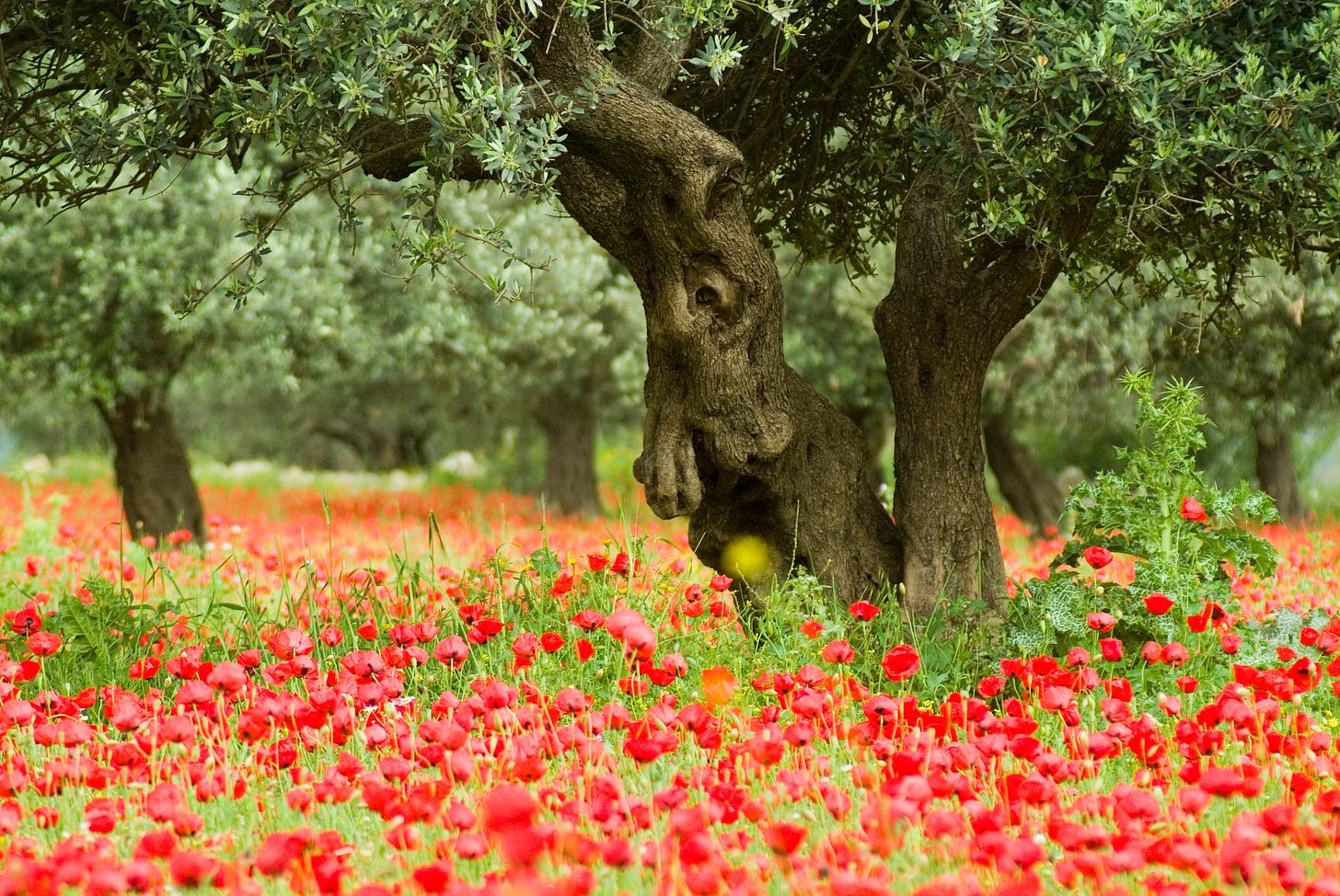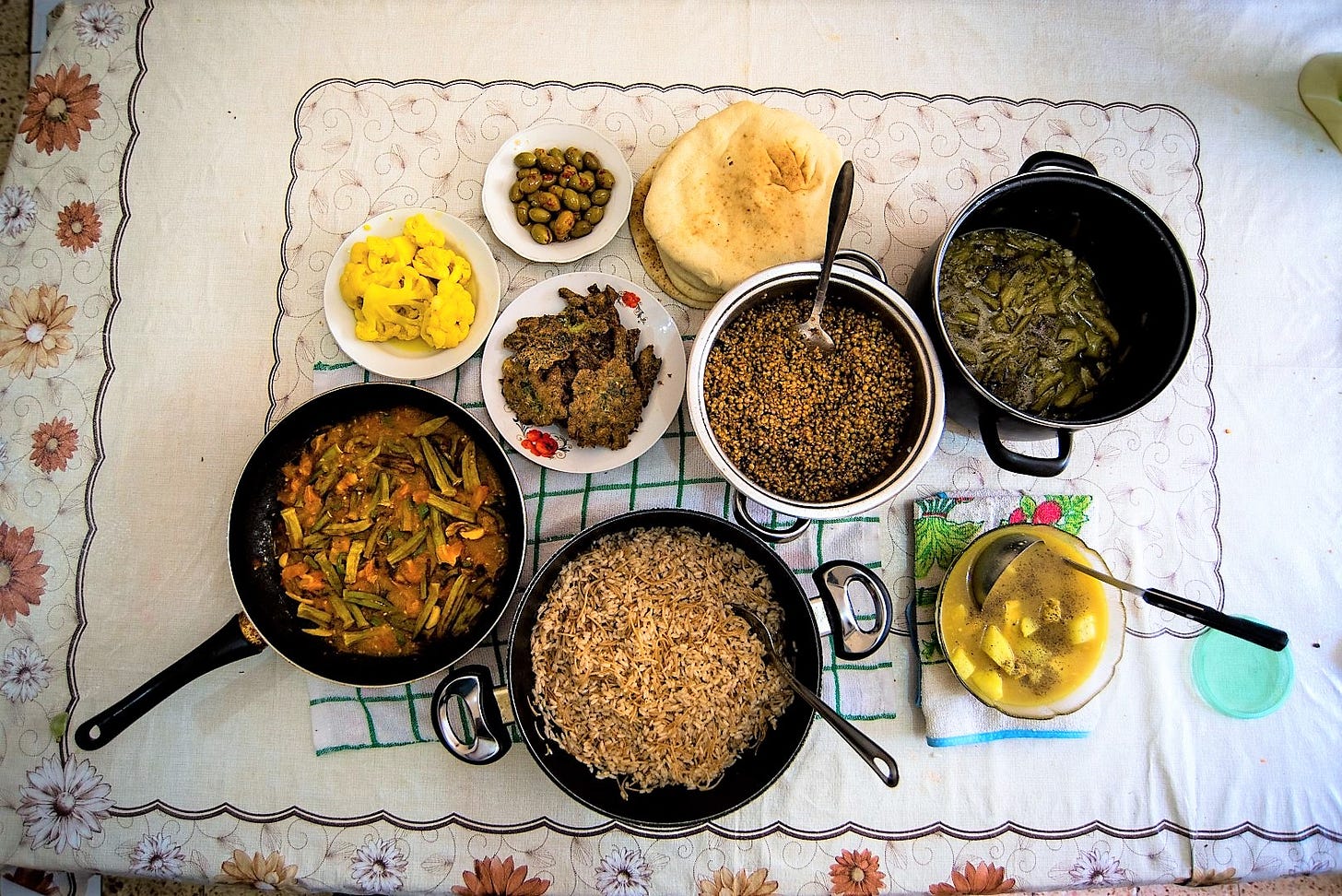Israel recently celebrated 75 years of independence. From an ancient land “flowing with milk and honey” Exodus 3:8, this start up country has emerged as a modern hub of culinary diversity, together with a growing culture for producing and savouring quality, boutique wines.
Food is an integral part of any country’s culture. Spanning over thousands of years Israel’s culinary traditions have been shaped by its geographical position within the Middle East and Eastern Mediterranean and the early biblical landscape. It is heavily influenced by the migration of Ashkenazi, Sephardic and Mizrachi Jews and the differences in their cooking styles, together with the religious beliefs and customs of its population.
The basis of this ancient cuisine and early diet of the Israelites was its natural bounty, based upon the Seven Species that were written within the Old Testament as the principal agricultural products of the land of Israel, “a land of wheat and barley, and vines and fig-trees and pomegranates; a land of olive-trees and dates” Deuteronomy 8:8.
The culinary diversity of this young modern country emanates from the backgrounds and customs of the ethnicities that make up its eclectic population and the fusion of their cuisines, culminating in creativity within the kitchen. It has become a haven for meat eaters, vegetarians and vegans and considered to be one of the healthiest diets in the world, due to the lush land, sunny climate, agricultural history and the traditions and testaments of its ancestry.
The biblical diet was rich in legumes, grains, fruits and wild edibles and remain some of healthiest foods we eat today. During the period of the Second Temple and the Hellenistic and Roman rule, new flavours of spice, citrus, olive oil and honey were introduced to their cuisine from the east to west trade routes. Throughout the Ottoman Empire, the food was inspired by the ancestral origins of the Sephardic community, expelled from Spain in 1492 and the cultural fusion from North Africa, the Balkans and Middle East. Fresh vegetables, dried fruits, meat, herbs and spices were added to their dishes as well as rice, nuts and maize, which made for opulent feasting.
The first wave of Jewish immigrants from Eastern Europe arrived in 1881 who welcomed the fresh local produce and fragrant spices available to them, in preference to their previous diet of more affordable ingredients such as root vegetables, offal and grains. By 1948, the economic challenges of a new country and the mass migration of refugees following the Holocaust, meant the population was sustained on basic staples, wild edibles of the land and modified versions of their traditional dishes. Through the inception of the kibbutz and the development of agriculture, all kinds of fruits, vegetables and legumes became available and with it the beginning of a diverse food culture that has turned Israel into a culinary melting pot, promoting a cuisine based on heritage, tradition, nutrition and above all, the flavours of its multi-cultural population.
The cultivation of grapes for the purpose of making wine is clearly referenced in Genesis, the first book of the Bible as “Noah, a man of the soil, proceeded to plant a vineyard. When he drank some of its wine, he became drunk and lay uncovered inside his tent” Genesis 9: 20-21. Under Muslim rule during the Middle Ages, alcohol was banned for religious purposes and grapes were grown for food consumption alone. By the late 19th century, the Israeli wine industry was re-established by the importation of French grape varieties and knowledge of wine making by Baron Edmond de Rothschild at the Carmel winery. From the outset, kosher wines were produced, exported to the Jewish communities around the globe and drunk in accordance with the blessings for the sabbath and religious festivals. They were made from high yielding, lower quality, sweeter grapes, that grew abundantly across the landscape.
Over a century later and with the knowledge and expertise from both France and the New World, there has been cultural revolution in Israeli wines from a number of boutique wineries up and down the country, as far north as the Golan Heights and deep south in the Negev. The hot summers and cooler winters is conducive to the ideal terroir for viticulture, producing quality, award winning wines. Based primarily on Bordeaux varieties, the Israeli wineries produce both single-varietal wines and blends of reds from grapes with rich fruity aromas, strong tannic profiles and a depth of colour and flavour. Whites are fresh, crisp and with fruity and citrus notes and more recently rosé is becoming the refreshing summer drink with herbaceous aromas and floral characters from wild herbs and flowers growing around the vines.
Research is well underway cultivating wild vines and primordial grape varieties for the future production of Israeli wines. The culinary focus has turned towards plant based foods, wild edibles of the land and the re-emergence of ancient grains from the biblical landscape, and a return to the staples of our ancestors.
Food and wine has always been an essential characteristic of this nation’s culture, with each individual creatively and passionately expressing themselves through strong hospitable values of communal eating and drinking. Through religious and festive foods, the sharing of family recipes and traditional cooking methods of the indigenous ingredients of this ancient land, Israel has become a melting pot of culinary diversity that has sustained and nourished its heart and soul over the centuries and delights in its future for all foodies and wine buffs…
Enjoy!









